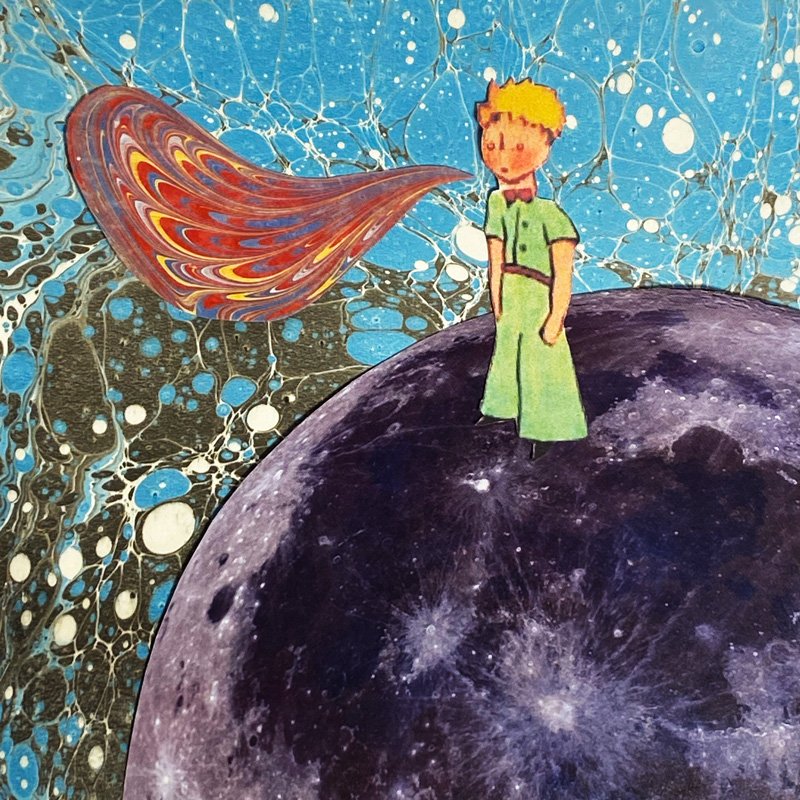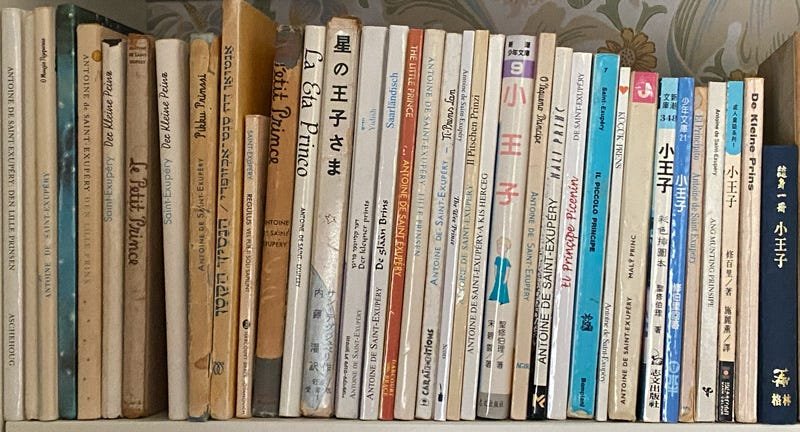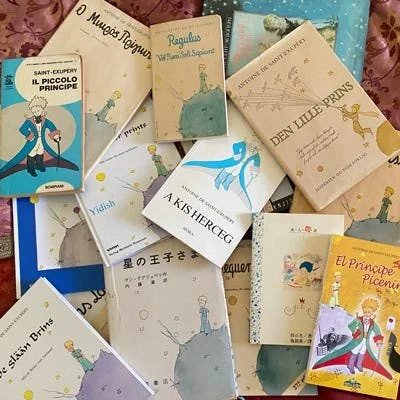The Creativity Catalyst kicked off in early September, beginning with Module One, “Tell Your Story.”
I’ve been having a great time reading the writing experiments shared by this year’s amazing cohort as they play around with character, plot, setting, and other classic narrative elements.
Just in the past few days, for example, participants have posted snippets of (among other things):
a personal memoir written from the viewpoint of a cell in the author’s body;
an academic article imagining the inner lives of two pieces of furniture;
a scholarly book chapter that opens like a scene from a Victorian romance or a detective thriller (it’s not yet clear which way that particular plot is going to twist!)
And, as promised, I’ve been playing along. During this week’s Live Writing Studio sessions, I free-wrote in my notebook in response to a Story prompt titled “Talk Back”:
Write back to the characters in your favorite stories, or let them write back to you. For example, what might Aladdin advise you about taking risks with your writing? What would the Little Prince tell you about “writing like a grown-up?”
The “Talk Back” exercise was inspired by a writing retreat that I co-facilitated several years ago with my friend and colleague Dr. Evija Trofimova. Evija asked each of the retreat participants to bring along a favorite book from their childhood; then, following a lively show-and-tell, she invited us to open our notebooks and engage in conversation with a character from the book — a conversation in writing about our writing.
My life with The Little Prince
The Little Prince by Antoine de Saint-Exupéry was an obvious choice for me — not just because I have always loved Saint-Exupéry’s whimsical story of the proud little prince who fell from the sky, but because the book itself, as a material artifact, played an influential role in my early life. Back in the days before internet search engines and online marketplaces made such feats a bit easier, my mother assembled a collection of Little Prince translations in more than 40 different languages and dialects, including Yiddish, Latin, and Esperanto.
Lovingly exhibited on custom-built display shelves, the books took pride of place in our household while I was growing up and became an inevitable topic of conversation with visitors. I loved to take the books down from their shelves and flip through them one by one, fascinated by all the different languages, fonts, and cover images (including those on the pirated copies from Russia and China, which didn’t use the author’s original drawings at all).
I still associate The Little Prince with my mother’s wanderlust, her boundless hospitality, and her joy in the small pleasures of life. She loved nothing more than when a thoughtful guest brought her a copy of the book in a language she didn’t yet own. And I’ve no doubt that her remarkable collection, which I have since inherited, shaped my own passion for literature, my love of language, and my way of seeing the world.
So what did the Little Prince tell me about my writing that first time I asked? Well, it wasn’t very flattering . . . .
The Little Prince’s warning
The Little Prince wanted to know what I was working on, so I described to him the article I had been laboring over all morning: a scholarly account of how academic writers use metaphor to represent their writing process. I had amassed over three hundred examples of writing-related metaphors and was trying to figure out how to classify and theorize them.
“I’m developing a taxonomy of academic writing metaphors,” I explained, “based on scholarly principles of . . .”
“BORING!” interrupted the Little Prince. “You’re talking like a grown-up. You remind me of that businessman on Asteroid 325 — the one who was counting all the stars in the sky so that he could write the number on a piece of paper and lock it away in a drawer. He told me that he cared about ‘matters of consequence.’ But he knew nothing about the things that really matter in life: the beauty of sunsets, the love of a rose.”
“You’re right,” I replied, hanging my head. “But how else can I write this article, if not in the grown-up style I’ve been taught?”
“Tell stories,” the prince responded. “Write poems. Show us the real people in your research. Bring out the colors of those metaphors, their depth, their energy!”
The Little Prince was right. I had been burying all those wonderful metaphors under layers of deadening prose, when what I really needed to do was bring them to life. The published article did, in the end, include a “grown-up” taxonomic analysis of writing-related metaphors — but with a lyrical sensibility and a human heart.
Praise from the Prince
This week, when I opened up my notebook to renew our conversation, the Little Prince asked me where my travels had taken me since our last encounter. Here’s what I told him:
I’ve left behind that self-important little cluster of planets where I lived for so many years (aka The University), along with its inhabitants: the autocratic ruler who does nothing but boss people around; the businessman obsessed with counting things; the sad tippler who drinks to forget how sad his drinking makes him; and the harried lamplighter (aka The Typical Academic Writer) who is kept so busy lighting and extinguishing his streetlamp that he never has time to stop and admire the sunset.
Now I live on a beautiful planet called The WriteSPACE, where I’ve built a colorful home and a flourishing garden. I can’t do anything to stop the king and the businessman (aka University Administration) from bossing people around, counting their publications, and judging them by the numbers of articles they produce rather than by their human worth. But at least I can invite that poor exhausted lamplighter to visit my planet to watch the sunset and find renewed pleasure in academic writing. And I can bring together lamplighters from across the galaxy to form a supportive community of lamplighters who write in the glow of each other’s light.
The Little Prince smiled his radiant smile and gave my dog Freddie a cuddle. I think he’s pretty proud of me.
This post was originally published on my free Substack newsletter, Helen’s Word. Subscribe here to access my full Substack archive and get weekly writing-related news and inspiration delivered straight to your inbox.
WriteSPACE members enjoy a complimentary subscription to Helen’s Word as part of their membership, which costs just USD $12.50 per month on the annual plan. Not a member? Sign up now for a free 30-day trial!








